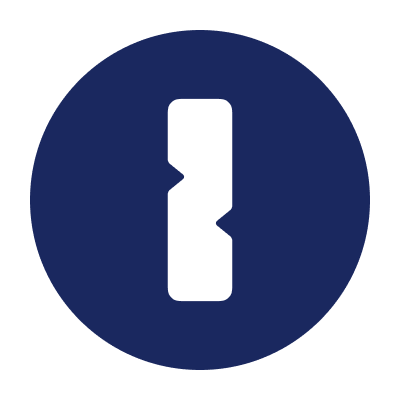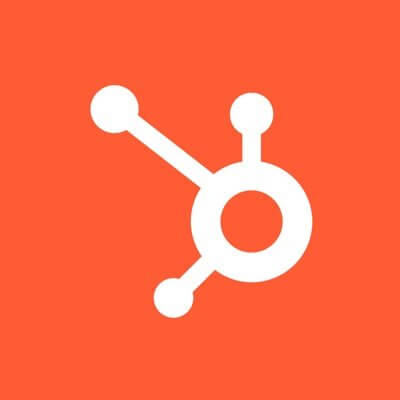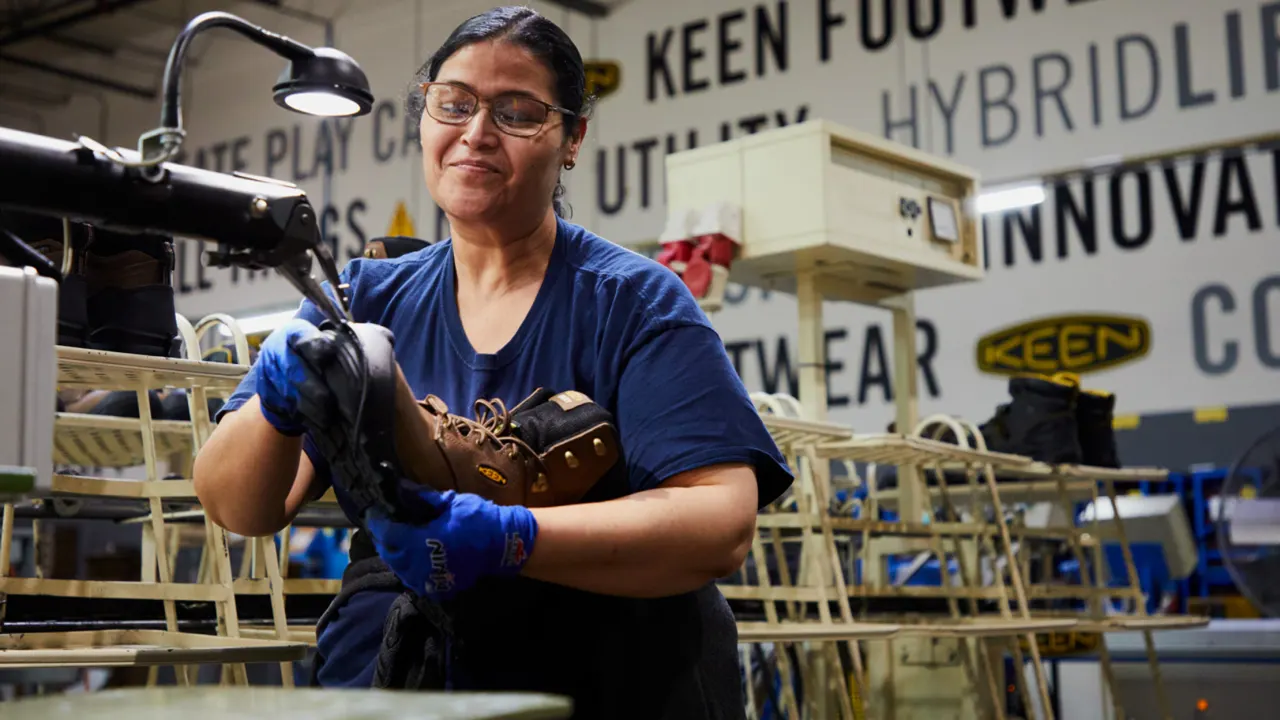How Wearable Apps Are Revolutionizing Digital Healthcare
Discover how wearable app development companies are transforming digital healthcare through smart health tracking, real-time data, and on demand app development.
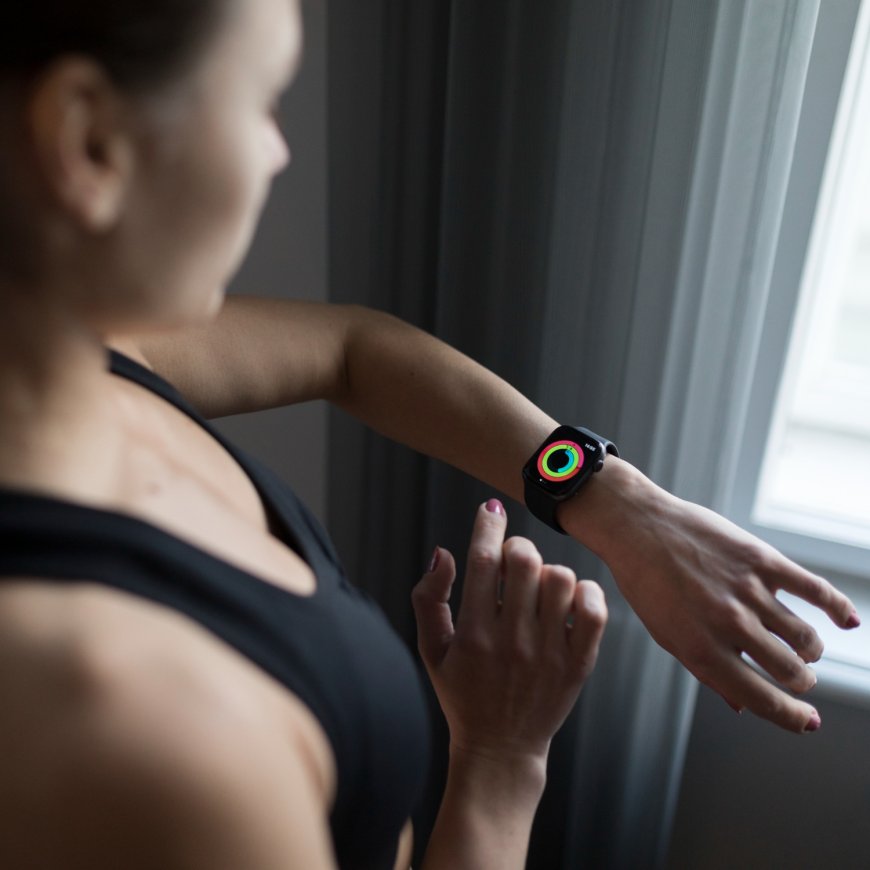
Wearables have come a long way from just being fitness trackers. Today, they’re playing a much bigger role—especially in healthcare. Whether it’s a smartwatch checking your heart rate or a patch monitoring your sleep, these devices are giving people real-time insights into their health without ever stepping into a clinic.
But it’s not just the hardware making the difference—it’s the smart apps behind the scenes. Thanks to expert teams at wearable app development companies, these apps are now able to sync health data, send alerts, and even connect directly with doctors. As more people turn to on-the-go solutions, wearable tech is quickly becoming a key part of how we manage our health in the digital age.
The Growing Role of Wearable Healthcare Apps
Wearable healthcare apps are designed to track key health metrics like heart rate, sleep quality, blood oxygen levels, body temperature, stress levels, and even hydration. What once required a clinic visit or bulky medical equipment can now be monitored continuously and non-invasively using a wristband or patch.
Beyond fitness, these apps are proving to be game-changers in managing chronic conditions. For example, diabetic patients can use wearables to monitor glucose levels in real time, while cardiac patients receive alerts when irregular heart rhythms are detected. Mental health is also seeing improvements through apps that measure physical symptoms of anxiety or stress, helping users take action before a crisis escalates.
In essence, these apps bring healthcare closer to the individual, empowering users with control, data, and proactive health management.
Key Technologies Behind the Transformation
The power of wearable healthcare apps lies in the seamless integration of advanced technologies:
-
Artificial Intelligence (AI) helps analyze large volumes of health data and deliver predictive insights or suggest early interventions based on patterns.
-
Internet of Things (IoT) enables real-time syncing of wearables with smartphones, cloud storage, and healthcare platforms.
-
Secure cloud infrastructure ensures encrypted transmission and storage of sensitive health data in compliance with regulations like HIPAA and GDPR.
-
Sensor integration and Bluetooth allow for consistent monitoring without the need for user intervention.
Together, these technologies form the foundation of a digital healthcare experience that is smart, secure, and deeply personalized.
Benefits for Patients and Healthcare Providers
The benefits of wearable apps extend far beyond convenience.
For patients, they offer:
-
Proactive health management by providing early warning signs and trends.
-
Personalized care tailored to their daily activity and health metrics.
-
Reduced hospital visits through remote consultations and tracking.
For healthcare providers, they offer:
-
Remote monitoring of patients with chronic conditions, enabling timely interventions.
-
Improved patient engagement, as individuals become more involved in their own care.
-
Better data accuracy, which leads to more informed diagnoses and treatment plans.
By connecting both parties through data-rich platforms, wearable apps foster a new level of collaboration in healthcare.
Real-World Applications and Success Stories
Leading consumer brands like Apple Health, Fitbit, and Garmin have played significant roles in mainstreaming wearable health apps. Their platforms monitor everything from sleep quality to oxygen saturation, helping users maintain healthier lifestyles. In the enterprise space, hospitals and clinics are integrating custom wearable solutions to monitor patients recovering from surgeries, manage elderly care, and track high-risk patients remotely.
Additionally, pharmaceutical companies and clinical research firms are using wearable apps to track patient vitals during drug trials, improving data collection and study accuracy.
The adoption is widespread—and it’s growing fast.
Partnering with the Right Wearable App Development Company
Building a successful wearable healthcare app requires more than just coding. It involves understanding the complexities of healthcare regulations, device interoperability, and user experience. That’s why working with a skilled wearable app development company or a wearable device app development company is crucial.
These specialized firms design scalable, secure, and intuitive apps that can:
-
Integrate with multiple wearable devices (Apple Watch, Fitbit, Garmin, etc.)
-
Ensure compliance with healthcare laws like HIPAA
-
Offer customizable dashboards for both users and healthcare professionals
-
Connect with third-party systems such as electronic health records (EHRs) and cloud analytics platforms
Choosing the right development partner ensures your app is not only functional but future-ready.
How On-Demand App Development Complements Wearables
The healthcare industry is quickly embracing on demand app development, particularly as patients expect 24/7 access to care. When combined with wearables, this creates a powerful ecosystem where:
-
A user can schedule a virtual consultation based on abnormal data detected by their wearable
-
The app can notify healthcare providers automatically in case of critical health readings
-
On-demand services such as prescription deliveries or mental health coaching can be triggered through the app
This combination of real-time data and instant access is revolutionizing digital healthcare delivery, making care more responsive, personalized, and continuous.
The Future of Digital Healthcare with Wearables
As wearable technology evolves, so does its impact on healthcare. In the near future, we can expect:
-
Predictive health alerts based on AI-powered analytics
-
Remote surgeries supported by real-time patient monitoring
-
Smart medical clothing that offers continuous biometric tracking
-
Wearables for underserved populations, bringing quality care to remote or low-access areas
Moreover, wearables will play a bigger role in elder care, helping families monitor their loved ones, detect falls, and manage medications through connected apps. Pediatric care will also benefit from child-friendly wearable devices that track growth and development milestones.
With these advancements, wearable apps are not just tools—they’re becoming integral to the next generation of healthcare systems.
Conclusion:
From real-time health tracking to enabling remote consultations, wearable healthcare apps are redefining how care is delivered and experienced. They empower users with knowledge, give healthcare providers critical data, and enable smarter decisions—all while improving outcomes and reducing costs.
For businesses or startups looking to make a mark in the digital health space, partnering with a wearable app development company or a wearable device app development company is the first step toward building impactful, compliant, and scalable solutions.
And with the rising demand for on demand app development, integrating wearable technology into larger healthcare ecosystems isn’t just a trend—it’s a strategic move toward the future of care.





























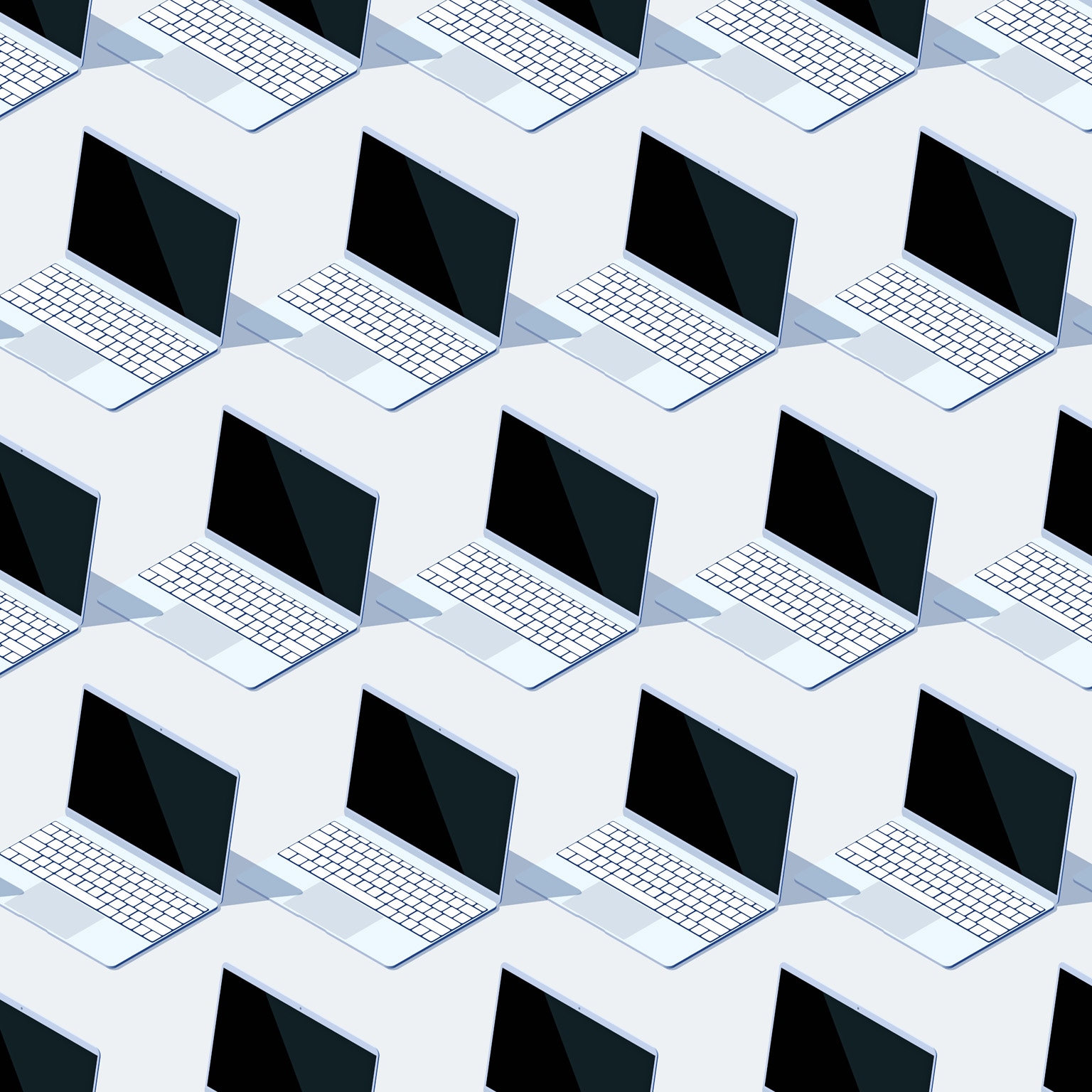


















































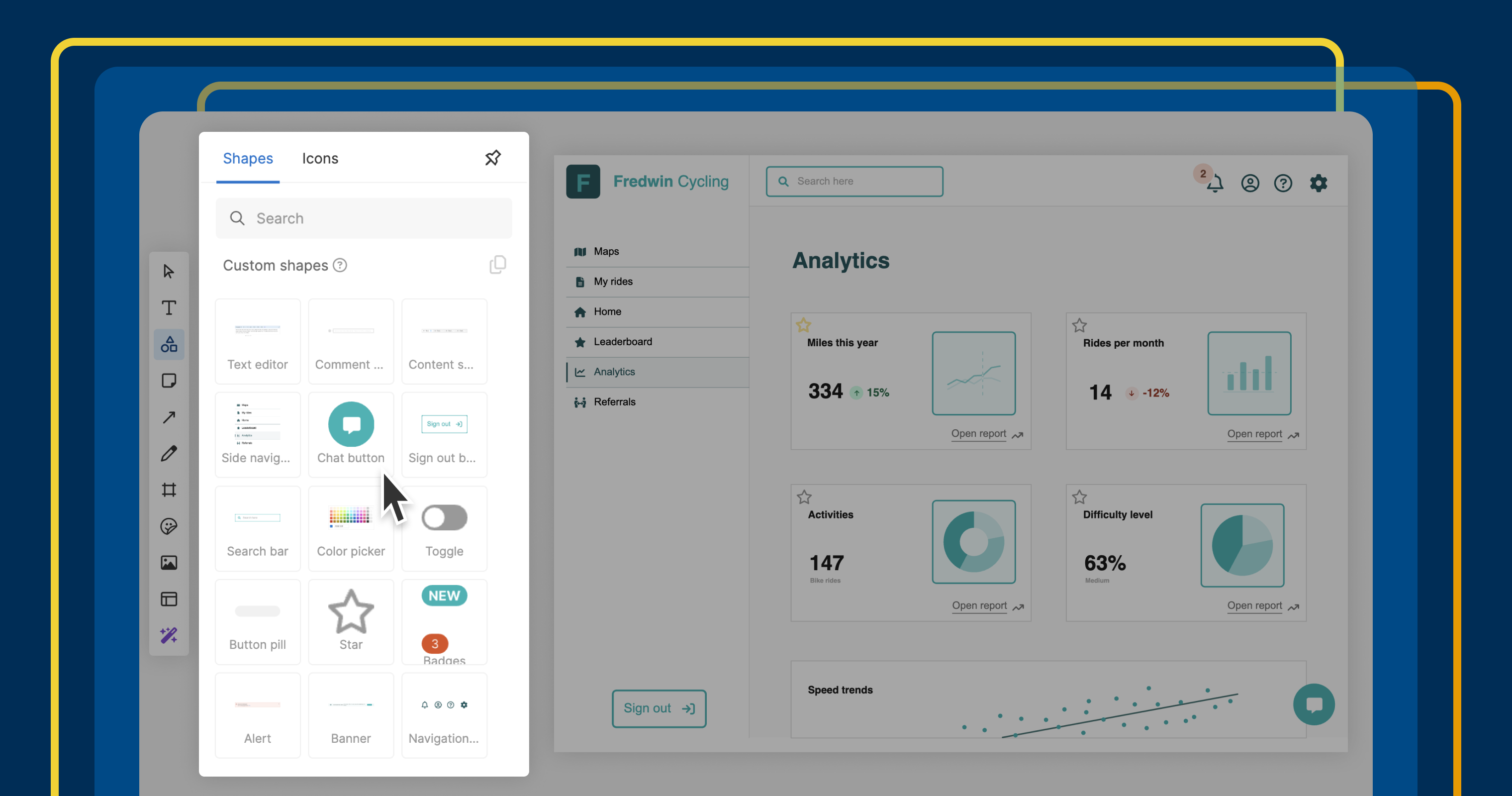



































![Are AI Chatbots Replacing Search Engines? AI vs Google [New Research]](https://www.orbitmedia.com/wp-content/uploads/2025/05/How-often-are-we-using-AI-chatbots_.webp)














